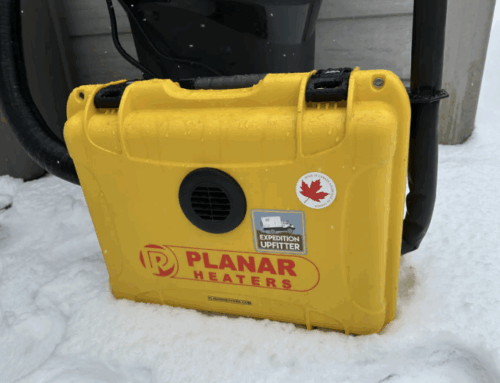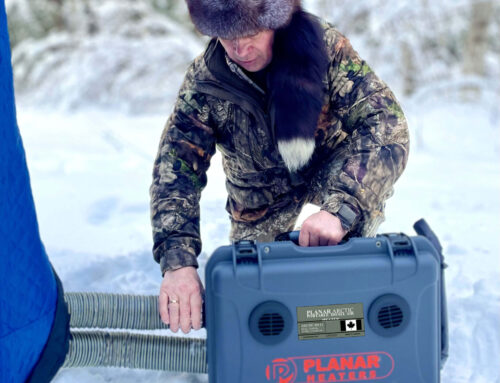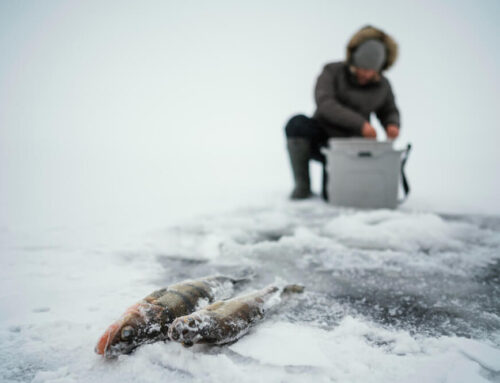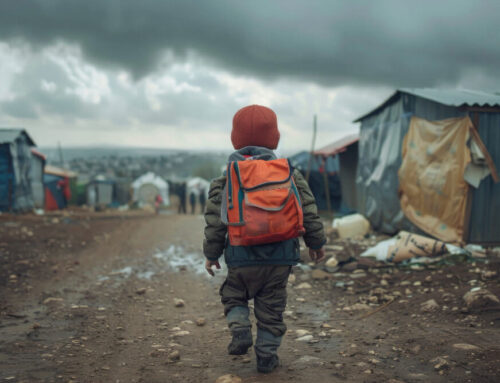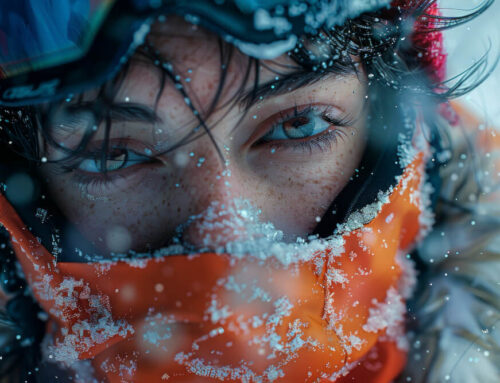Words and photos from ![]() 4wd talk
4wd talk
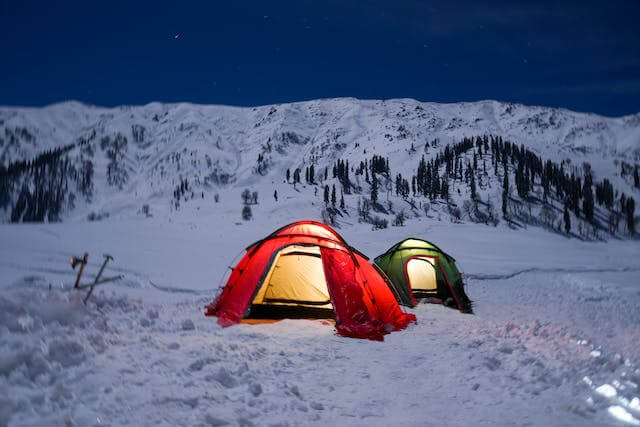
The allure of winter camping is irresistible – the tranquility of snow-draped forests and the refreshing chill of winter air create a unique experience distinct from any other form of camping. However, this allure is accompanied by notable challenges, especially the impact of cold weather on campers and their gear.
Navigating these challenges successfully hinges on having the right knowledge and preparation. A crucial part of a successful winter camping experience lies in effectively managing the cold. It involves more than just dressing warmly; it’s about understanding how to efficiently maintain body heat and use heating equipment to its full potential.
We’re here to guide you through essential tips and carefully selected gear for a successful winter camping journey. So, gear up to embrace the frosty air and enchanting snowy landscapes, equipped with the confidence and knowledge for a safe and enjoyable adventure ahead.
Challenges of Winter Camping
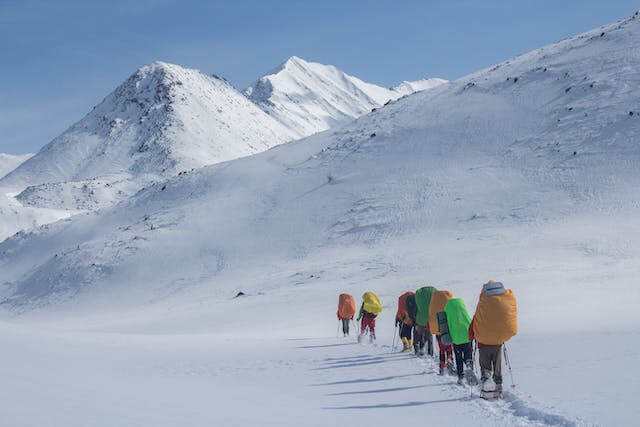
Winter camping introduces a unique array of challenges, with the impact of cold on gear and comfort being paramount. Batteries, essential for powering various devices, often lose efficiency in low temperatures. This highlights the need for reliable energy sources in the frigid outdoors.
The cold affects not only equipment but also the physical well-being of campers. Staying warm is therefore just as critical as ensuring the power supply. The harsh winter environment can rapidly turn an adventure into a battle for warmth and safety, making efficient heating solutions indispensable to avoid cold-related health risks.
Understanding and respecting the demands of the winter environment is fundamental in preparing for winter camping. It’s about enjoying the serene beauty of snowy landscapes while ensuring personal safety and the reliability of equipment. With the right approach, winter camping can be transformed into an enriching and memorable adventure.
Lithium-ion Batteries in Cold Weather
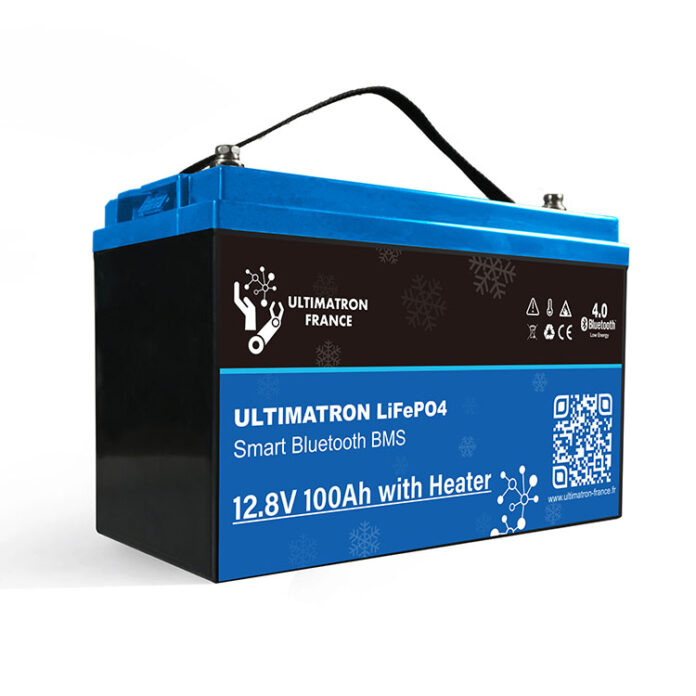
Cold weather significantly impacts battery performance, a critical concern for winter campers relying on electronic devices. Lithium-ion batteries, known for their resilience in varying temperatures, stand out in such conditions.
Unlike traditional batteries, which may falter in the cold, lithium-ion variants maintain a more consistent discharge rate, ensuring that devices stay powered up even in frigid conditions.
Ultimatron‘s 100-ah batteries exemplify the superior cold-weather capabilities of lithium-ion technology. These batteries are specifically engineered to combat the challenges of low temperatures, equipped with an integrated heating system that activates when temperatures dip below freezing.
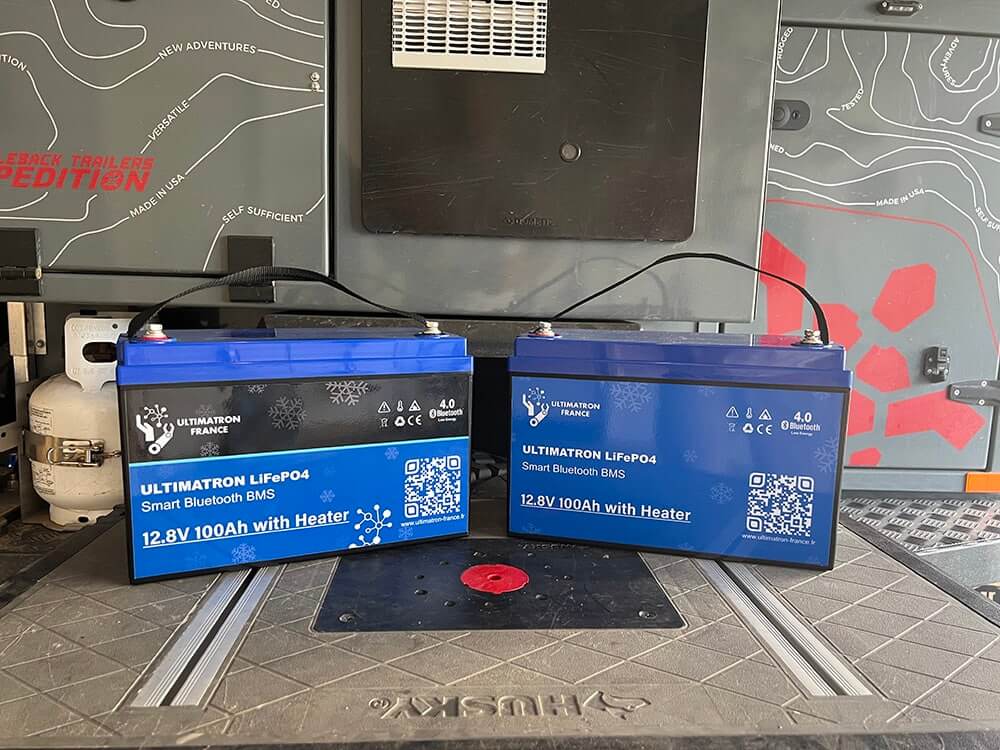
The practicality of Ultimatron’s batteries for winter camping is evident in their robust design and added features. The inclusion of an advanced Battery Management System (BMS) ensures protection against overcharging and overheating, key concerns in variable winter conditions. Furthermore, the convenience of Bluetooth monitoring allows you to easily keep tabs on the battery status through a smartphone app.
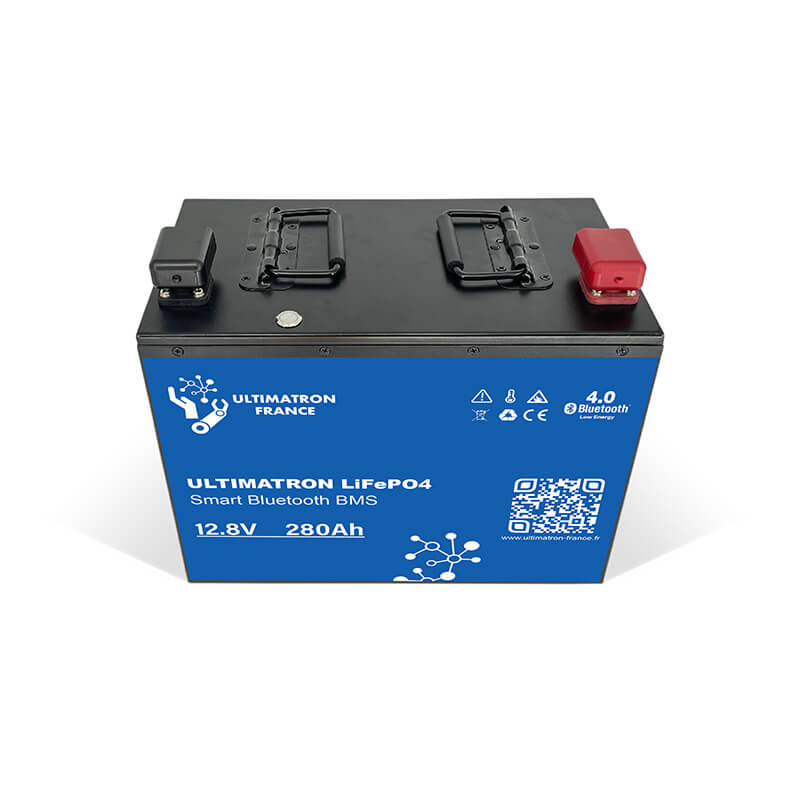
For winter campers, Ultimatron offers a range of battery options, from 100Ah to 280Ah, accommodating various power needs. Ultimatron’s lithium batteries, with a warranty of 5 years, provide the necessary reliability and durability for harsh winter landscapes, too!
Heating Solutions for Winter Camping
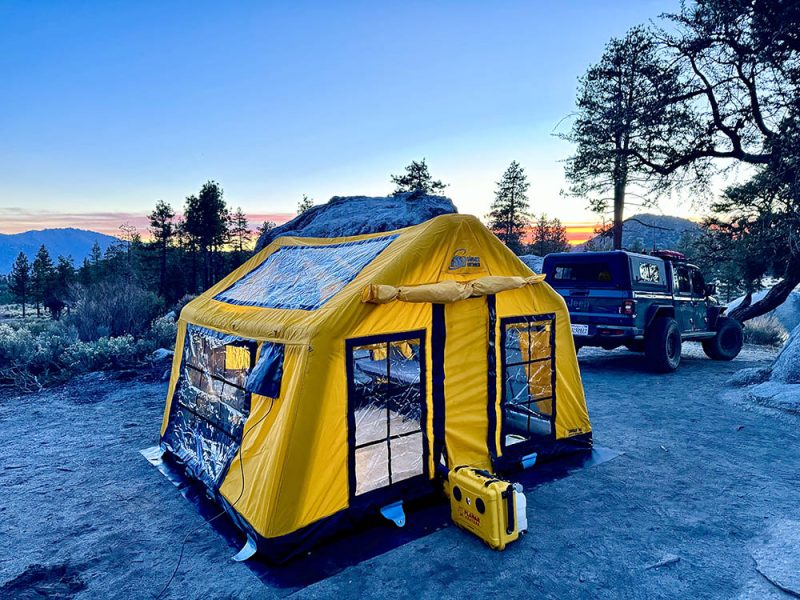
When it comes to winter camping, staying warm is paramount, and portable heaters like the Planar Portable Diesel Heater are vital…
This 4 kw heater, ideal for compact spaces, provides substantial warmth without occupying much room. Running on diesel or kerosene and using 12V DC, it’s a versatile and efficient choice. With its crushproof, rain-resistant case, it offers durability and reliability in various outdoor settings as well.
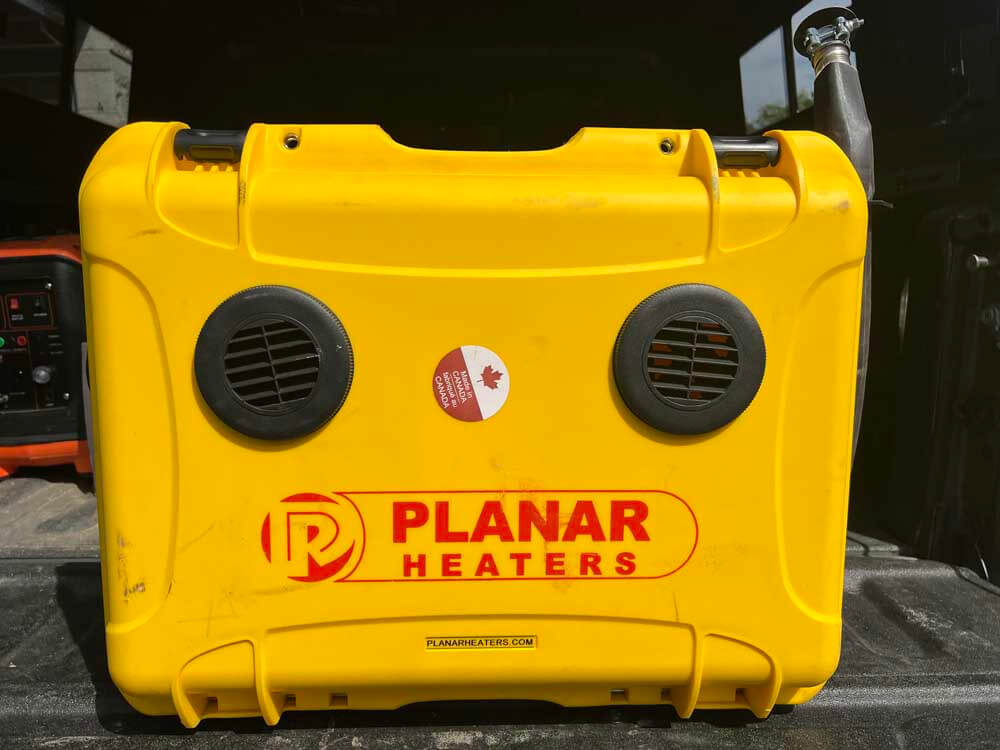
The Planar Heater is noteworthy for its fuel efficiency, burning just 3-4 liters of fuel over 8 hours. This level of efficiency is crucial in winter camping, where conserving fuel and power is essential. It operates effectively at altitudes up to 8,200 ft, making it suitable for a range of camping environments, from ice-fishing huts to motorhomes. Its operational versatility adds to its appeal for winter adventurers like you and me!
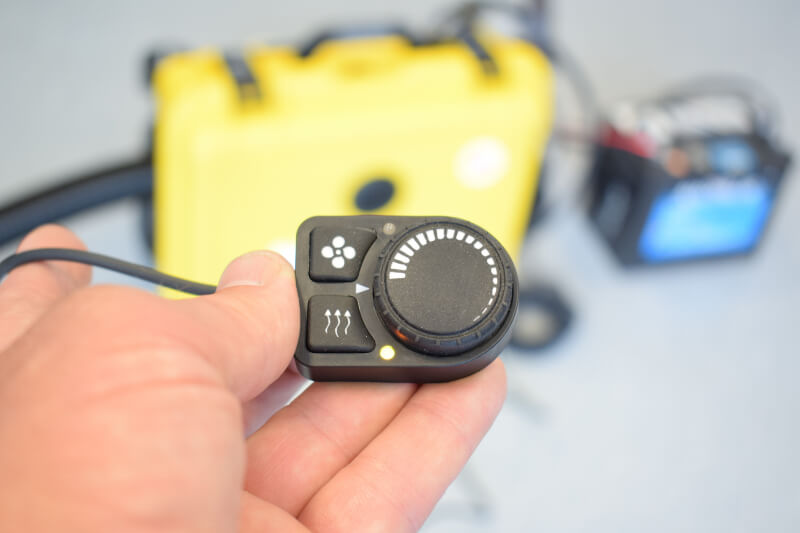
In using heaters like the Planar in confined spaces, safety precautions are crucial. Adequate ventilation is essential to prevent the buildup of harmful gases. Also, maintaining a safe distance from flammable materials is important. Using the heater’s remote wired controller (shown above), you can adjust settings without compromising safety or comfort, too.
To use such heaters efficiently without draining the battery, you should consider insulating your tent, trailer, or RV to retain heat better. By reducing the heater’s workload, you can conserve energy and maintain a comfortable temperature. These tips ensure that you stay warm and safe while enjoying the serene beauty of winter camping.
Winter Camping Safety Tips
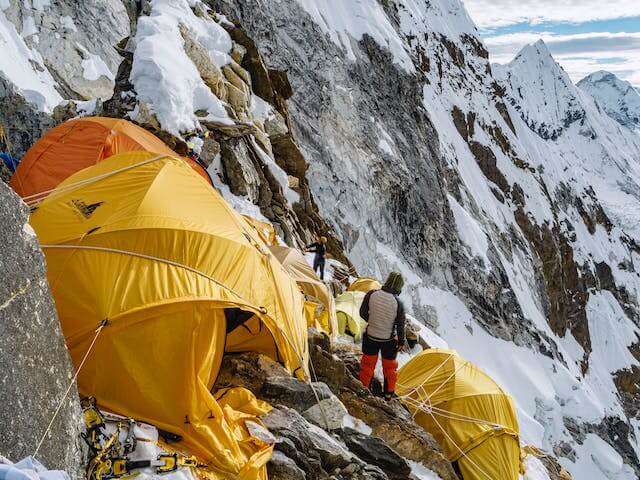
Emergency preparedness is key in winter camping. Carry essential survival gear like a first aid kit, extra food, water, and reliable communication devices. Knowing basic first aid and having an emergency plan for sudden weather changes or health issues is crucial for safety.
Choosing the right campsite and route is also crucial for safety. Select sites shielded from wind and away from avalanche-prone areas. Plan routes considering daylight hours, weather forecasts, and personal skill levels. Understanding the terrain and weather patterns is essential for a secure camping experience.
Staying informed and adaptable is fundamental in winter camping as well. Always inform someone of your plans and expected return. Regularly check weather updates and be prepared to adjust plans as needed. Respecting nature’s unpredictability is the best way to have a safe and enjoyable winter camping trip.

